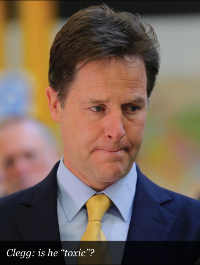WIREDGOV NEWSLETTER ARCHIVE
| Young musicians have chance to walk across world’s most ‘famous ‘ zebra crossing ‘to fame’ |
|
Classical or contemporary young performers aged between 14 & 24 now have the chance to get their music heard by industry insiders by entering The Big Music Project Competition, part of the BIG Lottery-funded The Big Music Project. The competition will offer young performers the ultimate opportunity to get up close & personal with the music business and benefit from advice & mentoring from industry executives. It will provide aspiring musicians with what they need to take a step towards a career as a professional musician. Winners will have the once-in-a-lifetime opportunity to record at the famous Abbey Road Studios and perform live on stage at the Royal Albert Hall as part of the Classic FM Live series. |
| Researched Links: |
| Why should SMEs have to provide long-term ‘free credit’ to big companies? |
|
The Business Secretary is proposing new measures for greater transparency of company payment practices to help smaller firms get paid on time. The government will also work with the Institute of Credit Management (ICM) to strengthen the Prompt Payment Code and to increase accountability of signatories. Where legislation is required to implement the package, it will be introduced when parliamentary time allows. |
| Researched Links: |









